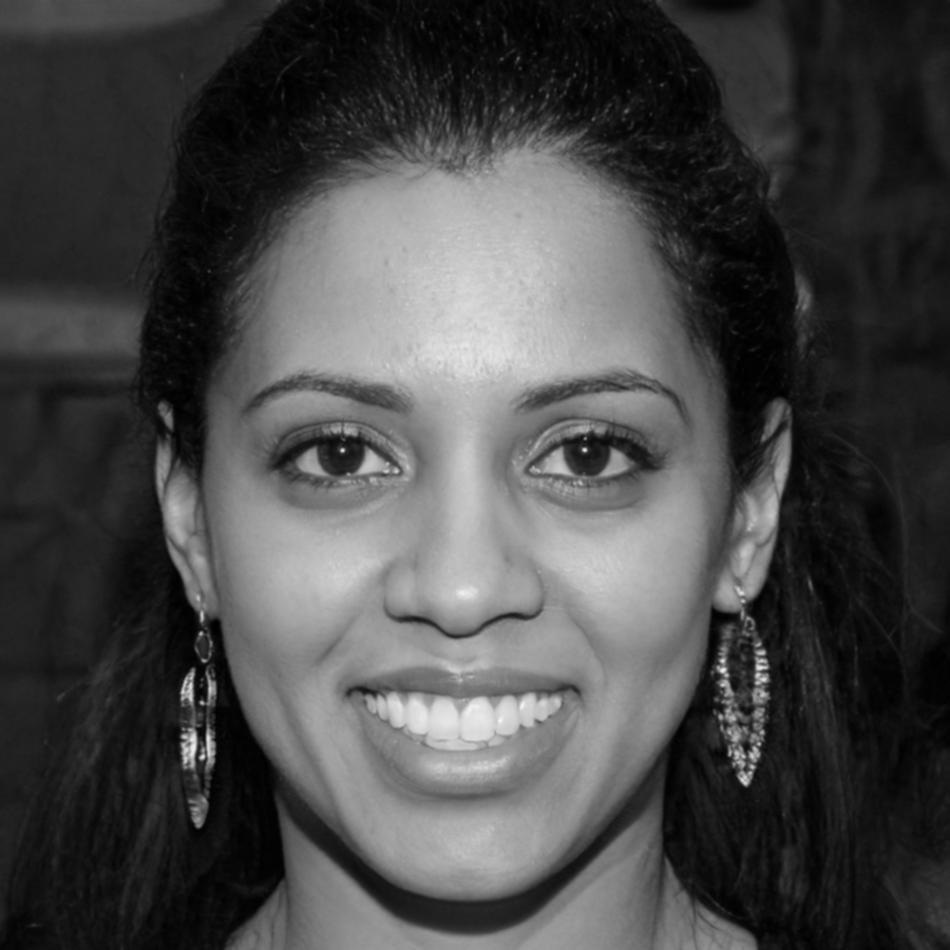This website uses cookies to enhance your browsing experience and analyze site traffic. We respect your choice regarding data collection. You can accept or decline cookies below. Read our full cookie policy for detailed information.
Build Financial Confidence Through Scenario Modeling
Most people struggle with financial planning because they can't visualize outcomes. Our scenario modeling courses help you test decisions before you make them. You'll learn to map different financial paths and see what actually works for your situation.
See How It Works
Why Scenario Modeling Matters More Than Spreadsheets
We've taught hundreds of people who were decent with Excel but couldn't predict financial outcomes. The difference? Modeling teaches you to think in alternatives.
When Harper joined our autumn 2025 cohort, she knew basic budgeting but couldn't decide between buying property or investing. After six weeks of scenario modeling, she'd tested twelve variations of her five-year plan. She ended up choosing option seven—something she never would've considered without the modeling skills.
That's the point. Good modeling reveals options you didn't know existed.

Three Modeling Approaches You'll Master
Each method serves different financial decisions—most students use all three regularly
Sequential Path Modeling
Map decisions that build on each other over time. Perfect for career changes, education investments, or retirement planning where one choice affects the next dozen.
Parallel Comparison Models
Run multiple scenarios side-by-side to see trade-offs clearly. Ideal when you're choosing between fundamentally different options like renting versus buying.
Variable Stress Testing
Test your plans against economic changes—interest rate shifts, income disruptions, unexpected expenses. You'll know which scenarios survive rough conditions.
How the Learning Actually Unfolds
We don't follow rigid syllabi. Most students adapt the program to their specific financial questions. But here's the general framework most people follow throughout 2025-2026.
Self-Paced Foundation
- Start with your actual financial situation—no hypotheticals
- Build your first simple model in week one
- Work through video lessons when your schedule allows
- Access live Q&A sessions twice weekly
- Complete practical exercises with real numbers
Guided Cohort Experience
- Join a cohort starting September 2025 or March 2026
- Weekly group sessions reviewing actual student models
- Collaborative problem-solving with peers
- Monthly expert feedback on your scenarios
- Portfolio of tested financial models by completion
Problems Students Solve With These Skills
Real questions from actual course participants—these are the scenarios they modeled

Career Transition Planning
Should Ellis leave her stable job for freelance work? She modeled income variability, expense cushions, and client acquisition timelines. Found she needed eight months of savings, not the six she'd planned.

Major Purchase Timing
Phoenix wanted to buy investment property but wasn't sure when. His modeling revealed waiting eighteen months would let him afford better locations with stronger rental yields—patience paid off.

Education Investment Returns
Was a master's degree worth the cost? Blair modeled salary trajectories with and without the qualification, factoring in lost income and loan repayments. Her answer: yes, but only if she specialized in a specific field.

Before this course, I'd make financial decisions based on gut feeling and hope. Now I test everything through multiple scenarios. Saved me from a disastrous property purchase—the modeling showed me I hadn't factored in maintenance costs properly.

The parallel comparison approach changed everything for me. I was stuck between three different business models and couldn't decide. After modeling all three over five-year horizons, one clear winner emerged—not the one I initially favored.